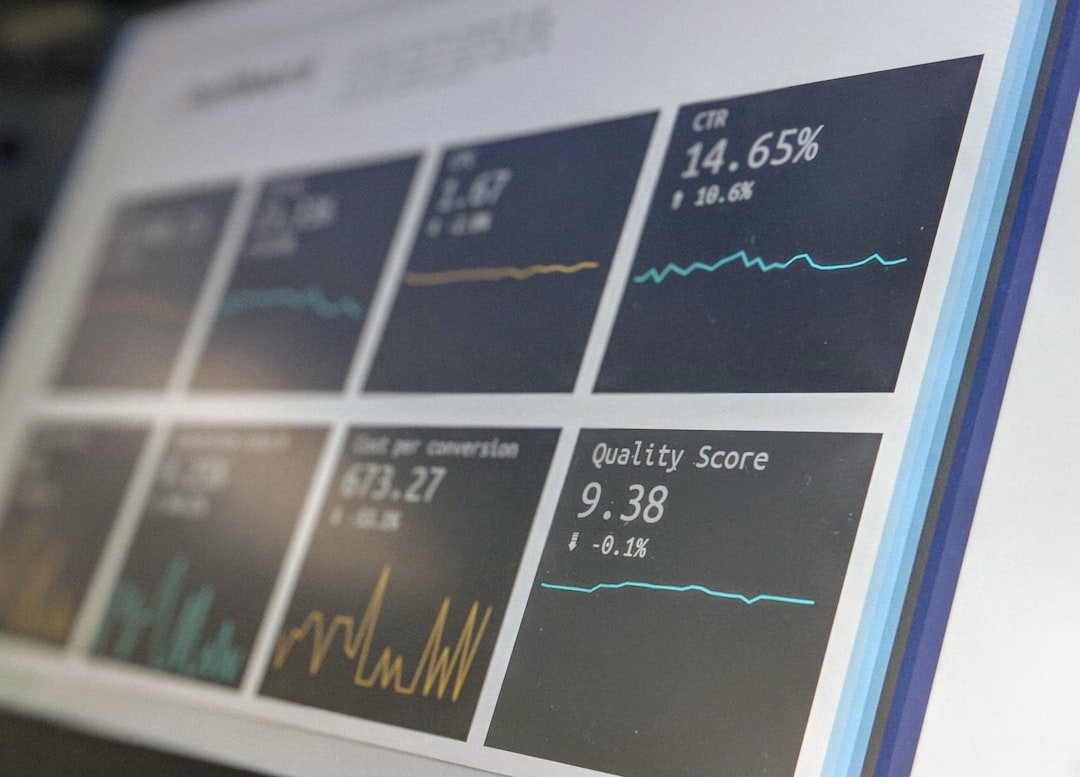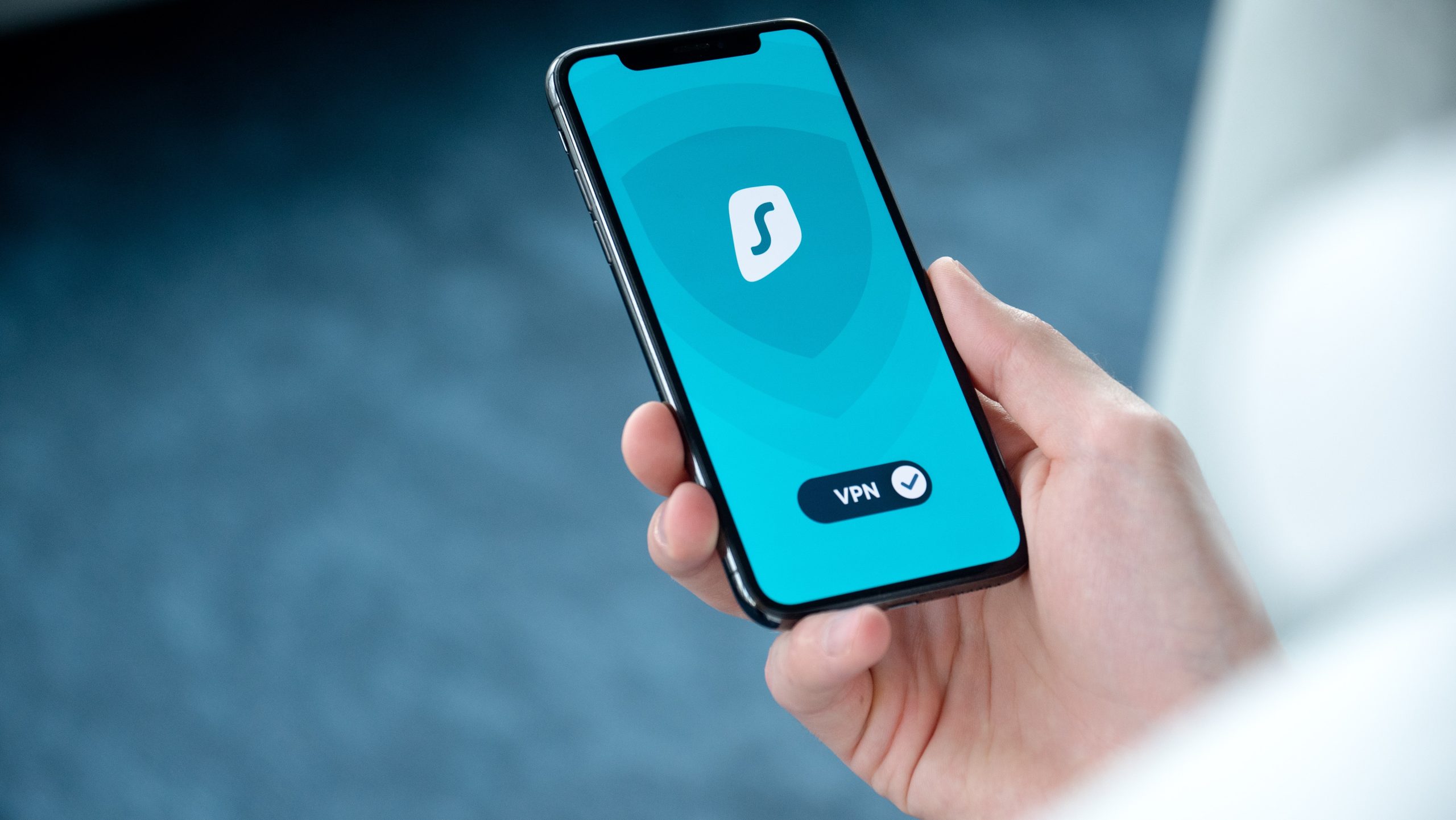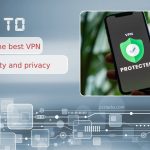Using a VPN is one of the most effective ways to protect your privacy online, encrypt your internet traffic, and access restricted content. However, not all VPNs are created equal. Some services expose your data instead of protecting it, while others engage in unethical business practices. In this list, we highlight VPN providers that you should avoid in 2025 due to privacy concerns, security flaws, or outright deceptive practices.
Table of Contents
Why Some VPNs Are Not Recommended
When choosing a VPN, users expect a service that ensures privacy and security. However, several providers have been caught engaging in concerning practices such as:
- Logging and selling user data – Some VPNs claim to have a “no-logs” policy but have been exposed for storing and selling user data to third parties.
- Weak encryption and security vulnerabilities – A VPN with weak security can be more dangerous than having no VPN at all.
- Excessive ads and malware – Some free VPNs inject ads or even install malware on users’ devices.
- Ownership by questionable companies – Certain VPNs are governed by entities that have ties to intelligence agencies or oppressive governments.
- Leaked user information – There have been cases where VPN providers have suffered serious data breaches, exposing their users despite claiming strong security.
Below, we list VPN providers that should be avoided in 2025 due to these concerns.
VPNs You Should Avoid in 2025
1. SuperVPN
SuperVPN has been repeatedly flagged for serious privacy and security issues. Reports indicate that the provider logs user data, and its Android app has been found to have vulnerabilities that put user data at risk.
Additionally, there have been instances of malware infections linked to SuperVPN, making it a high-risk option for users concerned about their online safety.

2. Hola VPN
Unlike traditional VPN services, Hola VPN operates through a peer-to-peer network, which means that your connection could be used by others for any purpose—including illegal activity. In the past, Hola was caught reselling its users’ bandwidth without their consent, effectively turning them into exit nodes for unknown users.
If security and privacy matter to you, avoid Hola VPN completely.
3. Turbo VPN
Turbo VPN has been found to log user data despite advertising itself as a private solution. Additionally, it has weak encryption, potentially exposing user traffic to hackers and government surveillance.
Security experts have strongly advised against using this VPN, as its ownership and data practices remain opaque.
4. Betternet
Betternet may seem like an attractive free VPN option, but it has one of the worst track records when it comes to user security. Studies have ranked it among the most malware-infected VPNs, with its app being used to serve intrusive advertisements.
The provider also collects an alarming amount of tracking data, undermining the very privacy that VPN users seek.

How to Choose a Safe and Reliable VPN
With so many unsafe services out there, it’s crucial to select a VPN that offers strong privacy protections. Here are a few guidelines for choosing a trustworthy provider:
- Strict no-logs policy – Always check if the VPN provider has been independently audited for its no-logs claims.
- Strong encryption – AES-256 encryption and modern secure protocols (such as WireGuard and OpenVPN) are essential.
- Transparent ownership – Avoid providers with anonymous or unknown corporate ownership.
- Reliable customer support – Reputable VPNs provide responsive support in case of issues.
- Proven security track record – Look for a VPN that has never suffered major breaches or scandals.
Investing in a high-quality VPN is essential for true online privacy and security. Avoiding the providers listed above will help keep your data safe from prying eyes.

Final Thoughts
Not all VPN services are trustworthy, and using a questionable provider can put your data at risk. In 2025, avoid VPNs like SuperVPN, Hola VPN, Turbo VPN, and Betternet, as they pose serious privacy and security threats.
For users who value their online safety, always research a VPN provider before using it. Stick to well-reviewed, transparent, and secure services to ensure your data stays private. Your online security depends on it.




